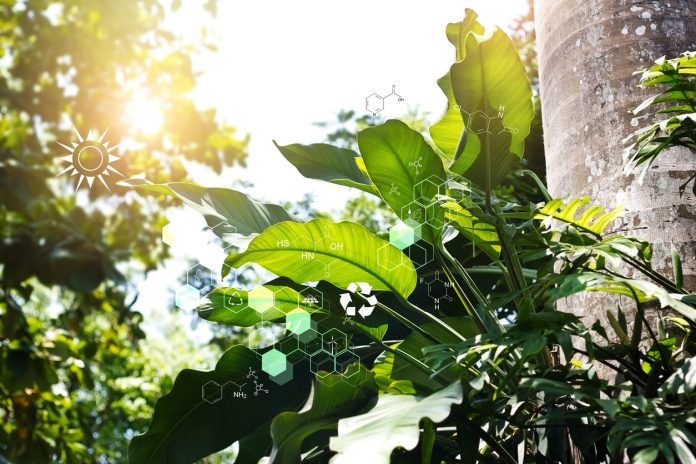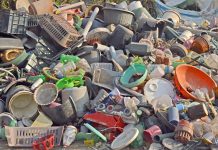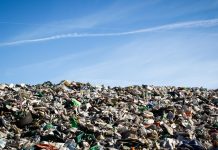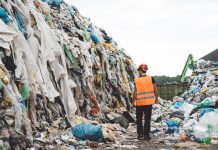The European Commission has introduced a new Strategic Framework for a Competitive and Sustainable EU Bioeconomy, setting out a plan to drive greener growth, strengthen resilience, and enhance Europe’s global competitiveness
The Strategic Framework focuses on expanding the use of renewable biological resources from land and sea to build a more circular, decarbonised EU economy and reduce reliance on fossil imports.
A growing economic powerhouse
Europe’s bioeconomy is already a significant economic force. In 2023, it was valued at up to €2.7 trillion and supported 17.1 million jobs, around 8% of the EU’s total employment.
Every job in the sector generates three additional jobs indirectly, showing its capacity to stimulate wider economic activity.
Bio-based industries are increasingly producing materials essential for daily life, from algae-derived chemicals used in pharmaceuticals and cosmetics to bio-based plastics found in packaging and car components. Demand is also rising for bio-based construction materials, textile fibres, and fertilisers. Despite this progress, the sector still has significant untapped potential that the new strategy aims to unlock.
Scaling up innovation and investment
A primary goal of the new Strategic Framework is to ensure that scientific breakthroughs and sustainable technologies make the leap from research labs to commercial deployment. The Commission plans to simplify and streamline regulations to help companies bring bio-based innovations to market more quickly while maintaining strong safety standards.
To accelerate development, the strategy calls for increased public and private investment. The Commission will align existing and future EU funding programmes with bio-based priorities and convene a Bioeconomy Investment Deployment Group.
This group will develop a pipeline of bankable projects, support risk-sharing, and attract additional capital from private investors, particularly benefiting start-ups and small and medium-sized enterprises.
Building lead markets for bio-based materials
The Commission has identified high-potential sectors where bio-based technologies can deliver both economic and environmental benefits. These include plastics, textiles, chemicals, fertilisers, plant protection products, construction materials, modern biorefineries, advanced fermentation processes, and permanent storage of biogenic carbon.
To boost demand and scale production, the strategy proposes setting targets for the use of bio-based content across relevant EU legislation. It also introduces plans for the Bio-based Europe Alliance, a coalition of companies aiming to purchase €10 billion in bio-based solutions by 2030 collectively.
Ensuring sustainable biomass supply
Even as Europe expands its bioeconomy, sustainability remains a core priority. The strategy emphasises responsible sourcing of biomass to ensure forests, soils, water resources, and ecosystems remain within ecological limits.
Circularity is also a significant focus. Greater use of secondary biomass will help reduce environmental pressure while creating new value chains.
The Commission intends to develop initiatives that support farmers and foresters who help conserve soil health, strengthen carbon sinks, and sustainably supply biomass, reinforcing both environmental protection and long-term economic resilience.
Strengthening Europe’s global position
With strong scientific expertise and advanced industrial capacity, Europe is well placed to lead globally in sustainable bio-based technologies and materials. The new framework aims to help European companies access international markets while reducing geopolitical vulnerabilities.
Strengthened global partnerships and diversified supply chains will bolster Europe’s resource security and enhance its resilience in an uncertain geopolitical climate.
Building on earlier bioeconomy strategies from 2012 and subsequent reviews, the new framework represents a decisive shift toward large-scale deployment, industrial competitiveness, and long-term resilience.











